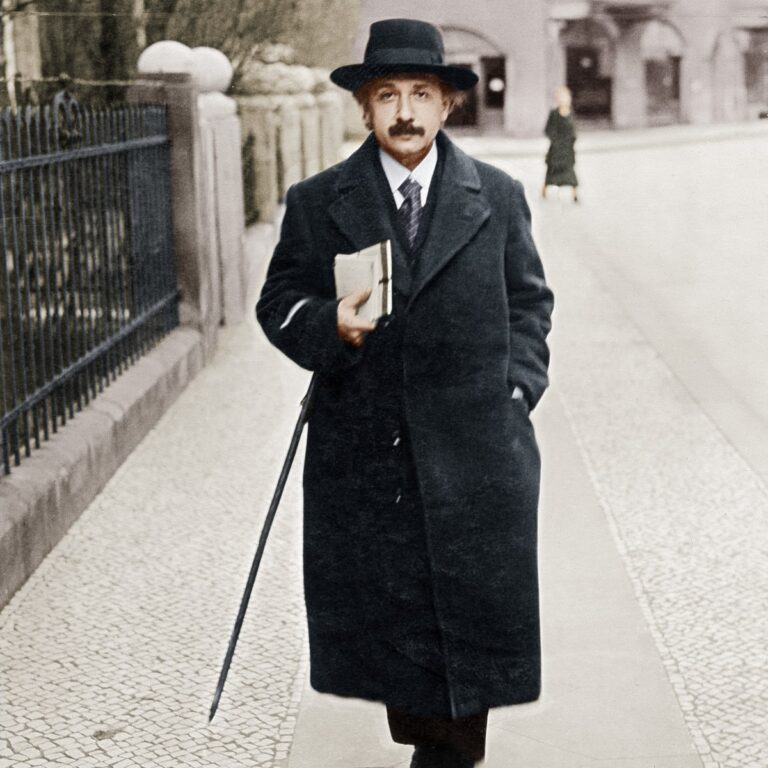Community Resistance: South Side residents demand greater transparency and environmental safeguards for the quantum campus project.
Economic Promise: The development could create thousands of jobs and boost Chicago's status in advanced technology fields.
Balanced Debate: While offering growth potential, the campus raises questions about local benefits and long-term neighborhood effects.
Residents in Chicago's South Side neighborhoods, South Shore and South Chicago, have mobilized against the proposed Illinois Quantum and Microelectronics Park (IQMP) at the former U.S. Steel South Works site. The Pritzker-driven project, backed by substantial federal and state funding, aims to establish a hub for quantum computing research and manufacturing.
Yet community groups argue the rapid push forward overlooks critical local needs and potential harms. Activists from Southside Together Organizing for Power (STOP) have publicly opposed the plan, emphasizing how it could exacerbate existing inequalities without adequate protections.
As the project progresses toward construction, understanding both sides becomes is needed for an discussion. City and state officials project the campus to span 128 acres initially, with expansion possibilities up to 400 acres, drawing on $2 billion from the CHIPS and Science Act alongside state incentives provided by the taxpayers.
The core of the controversy stems from historical distrust in large-scale developments on the South Side, where past industrial projects left legacies of pollution and economic neglect.
Residents point out that the area already struggles with high unemployment rates — four times the city average in some locales — and limited access to basic services. Opponents question whether the high-tech jobs promised will truly benefit locals, given that around 70 percent of nearby residents lack college degrees required for many positions in quantum fields.
To further their concerns, residents raise the issue of the enormous energy demands of quantum computing facilities spark fears of increased utility costs and environmental strain in a region still recovering from industrial contamination.
Groups call for a community benefits agreement to ensure tangible gains, such as job training programs and affordable housing provisions. Without these, opponents warn, the project might accelerate gentrification, pricing out long-time residents while funneling benefits to outsiders. This is an obvious concern that has been realized in many US urban environments.
Arguments in Favor of the Campus
Proponents, including state officials and tech advocates, assert the quantum campus represents a vital opportunity to revitalize a long-vacant industrial site. Governor J.B. Pritzker has championed the initiative, noting its potential to generate up to 150,000 jobs across the supply chain and to attract billions in private investment.
By positioning Chicago as a leader in quantum technology, the project could draw top talent and companies, fostering a new ecosystem of innovation. Supporters also highlight environmental remediation efforts on the site, which has sat unused for decades, arguing modern facilities will adhere to strict standards. Furthermore, partnerships with local universities and workforce programs aim to bridge skill gaps, offering pathways for residents to participate in this emerging industry.
In a broader context, the campus aligns with national priorities for global technological superiority, potentially yielding advancements in fields to include cryptography and materials science.
City planners emphasize the strategic location, with access to transportation and existing infrastructure, making it ideal for large-scale operations. Planners contend delaying the project risks losing federal funding and a competitive edge to other states.
Community engagement sessions, though contentious, demonstrate efforts to incorporate feedback, with commitments to monitor air and water quality. Overall, backers view the campus as a catalyst for growth, provided implementation includes robust community strategies.
Arguments Against the Campus
Opposition centers on immediate community priorities residents feel take precedence over futuristic tech ambitions. Activists argue the South Side desperately needs investments in everyday infrastructure, such as grocery stores and pharmacies, rather than a massive computing center.
Concerns about ties to the defense sector raise ethical questions, with fears the facility could support military applications, conflicting with local values of peace and justice. Environmental advocates warn of the project's carbon footprint, given quantum computers' high power consumption, which could strain the grid.
Moreover, the lack of a binding community benefits agreement fuels skepticism, as past developments promised much but delivered little to locals.
Residents at public meetings have disrupted proceedings to demand more details on job projections and pollution controls, reflecting deep-seated mistrust from decades of disinvestment and government neglect. Without enforceable guarantees, residents argue, the campus will widen the wealth gap, benefiting educated elites while marginalizing working-class communities of color predominant in the area. Calls to halt or slow the project underscore a desire for genuine partnership rather than top-down imposition.
IQMP Pros and Cons
| Pros | Cons |
|---|---|
| Creates high-paying jobs and stimulates economic activity | Risks gentrification and rising living costs for locals |
| Revitalizes abandoned industrial land | Potential environmental pollution and high energy use |
| Positions Chicago as a quantum tech leader | Limited job access for undereducated residents |
| Attracts federal and private investments | Lack of transparency in planning process |
| Advances scientific research and national security | Overlooks immediate community needs like retail services |
As debates continue, stakeholders must weigh these factors carefully. Ultimately, successful integration of the quantum campus depends on addressing resident concerns through community participation in planning with verifiable commitments to community concerns.


